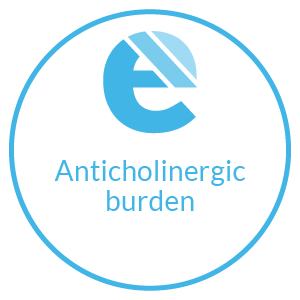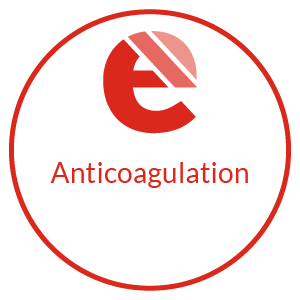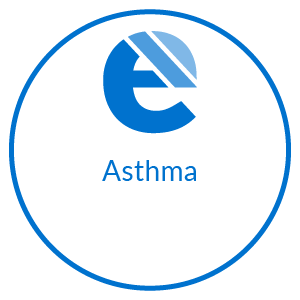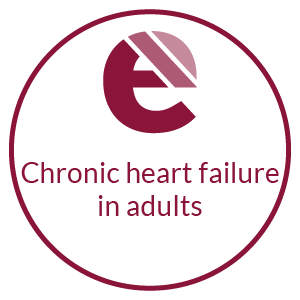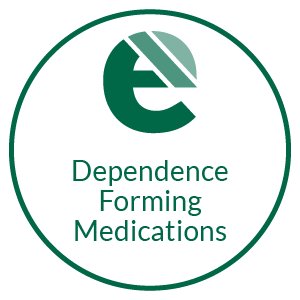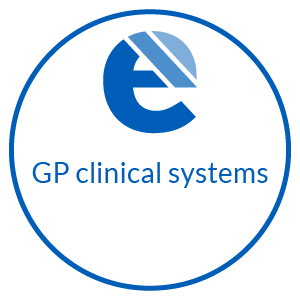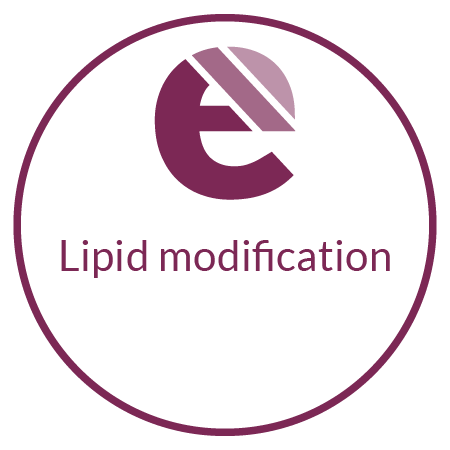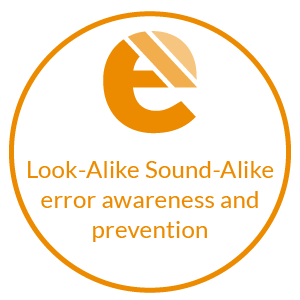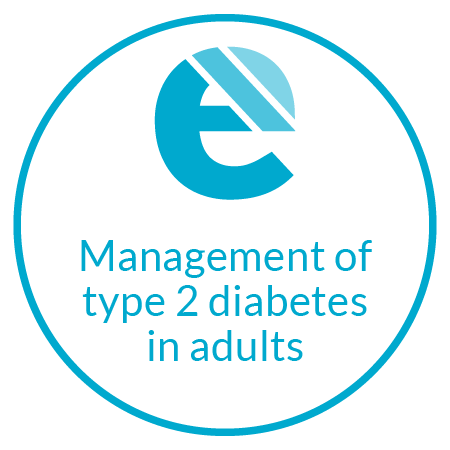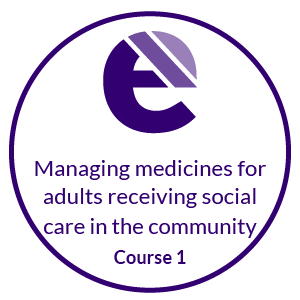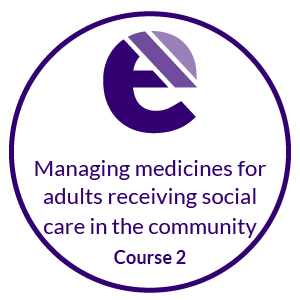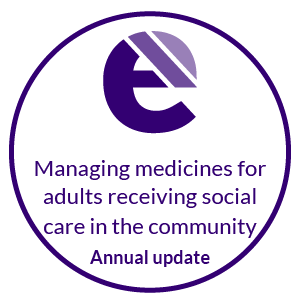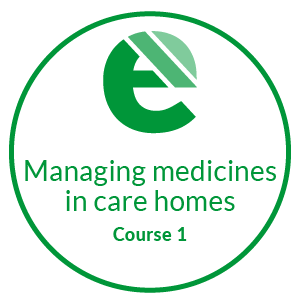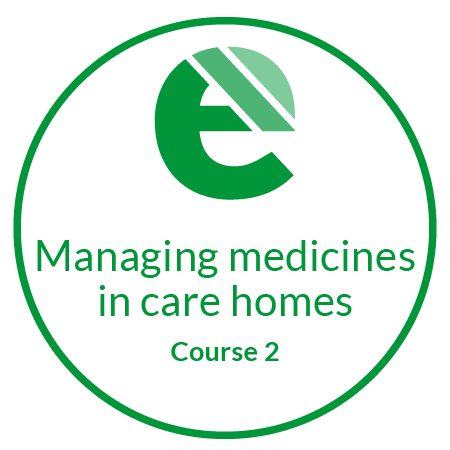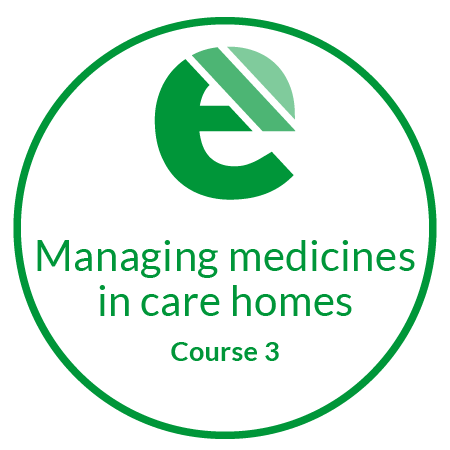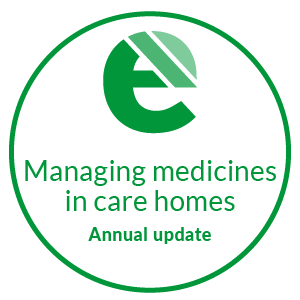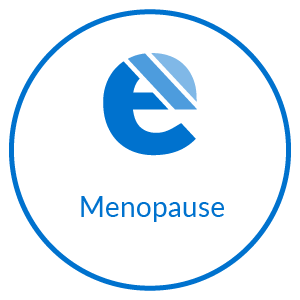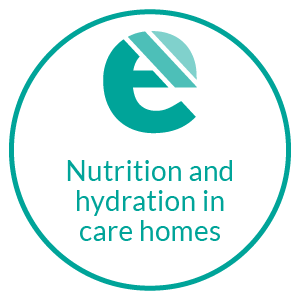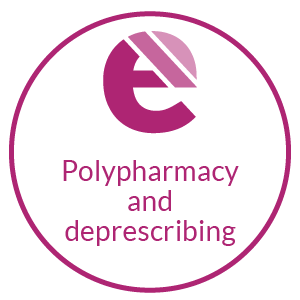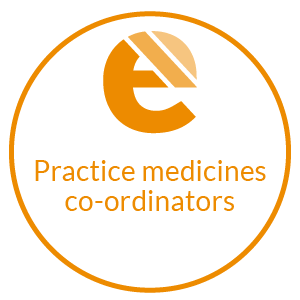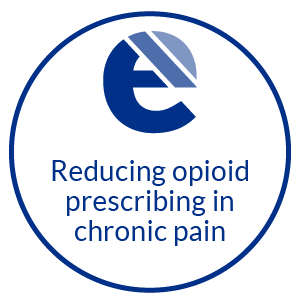Our new Look-Alike
Sound-Alike (LASA) error awareness and prevention e-learning course is now
available below. This course is designed for any healthcare professional, in
primary and secondary care, involved in the medicine prescribing, optimisation,
supply, administration or monitoring process.
Through interactive modules, real-world examples and a case study, this course
explores the root causes of LASA errors, the high-risk medications most
commonly involved, and the system-level strategies that can reduce their
occurrence. Learners will gain insights into human factors and best practices
for safe prescribing, including promoting a culture of safety through reporting
and learning from errors.
More information about the course can be found below.
Please contact us at elearning@prescqipp.info for further information on commissioning any courses, or purchase licences directly in our e-learning store.
